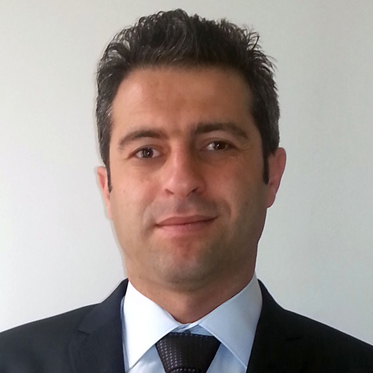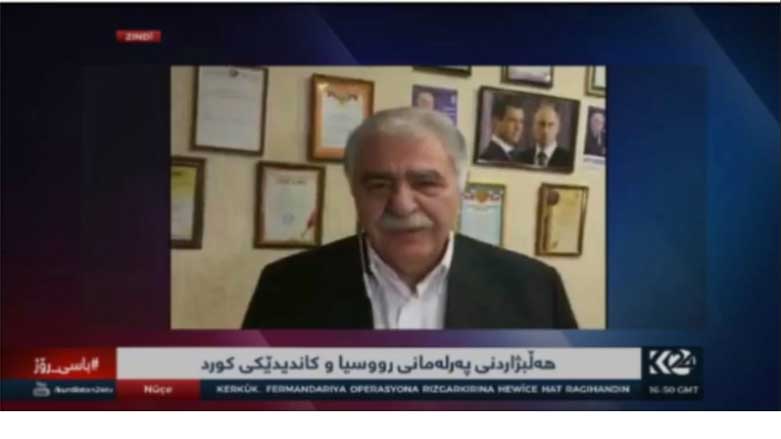Hotel in Kazakhstan raises Kurdistan flag, holds Kurdish activities
ALMATY, Kazakhstan (Kurdistan24) – A four-star hotel in Kazakhstan has become a center for Kurdish cultural activities attracting tourists from all over the world, the owner said on Saturday.
The megastructures and high buildings usually raise many international flags, but the Grand Erbil Hotel in Almaty city, Kazakhstan raises the Kurdistan flag as well.
Moreover, the tools and furniture in the hotel hold the coat of arms of the Kurdistan Regional Government (KRG).
Rafid Ibragimove, the owner of the hotel, told Kurdistan24 the capital of the Kurdistan Region enjoys special love and respect with the Kurds in Kazakhstan.
“I insisted on using the word Erbil in the name of the hotel because Hawler [the Kurdish name for Erbil] has a special respect in the hearts of Kurds everywhere,” he said.
“This great flag [of Kurdistan] should be raised by Kurds all over the world, and we should have it with us all the time in all our works,” said Ibragimove.
Additionally, the administrative staff said the Grand Erbil Hotel had become a center for Kurdish cultural activities.
These activities aim at introducing the Kurdish culture to Kazakhs and other nationalities.
“These Kurdish cultural and artistic activities attract many visitors from all over the world,” said a reception staff at the hotel.
The Grand Erbil Hotel was established in 2013 in Almaty city, Kazakhstan by a Kazakh Kurdish businessman.
It has become not only a place for tourism and recreation but also a center for introducing the Kurdish culture to other nations.
There are over 38,000 Kazakh Kurds, according to Kazakhstan’s 2009 national population census report.
The majority of Kurds in Kazakhstan are descendants of tens of thousands of Soviet Union authority exiles from Caucasian countries to Central Asia.
Editing by Karzan Sulaivany
(Khoshawi Mohammed contributed to this report)

.jpg)
